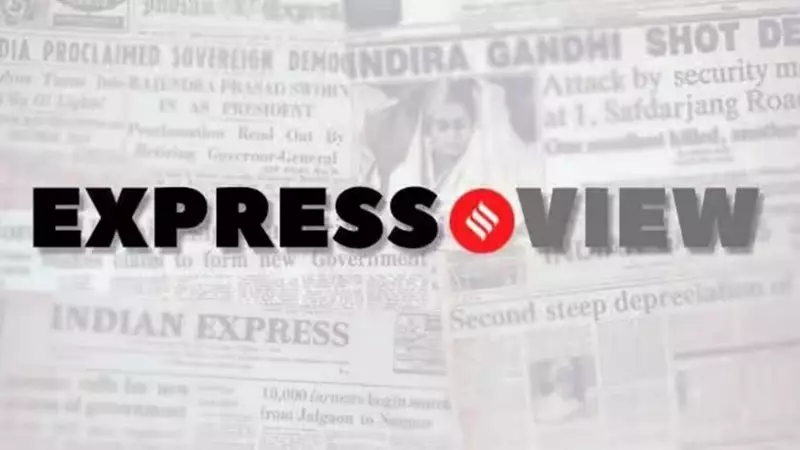
In a disturbing trend that threatens the very foundations of Indian democracy, the government has increasingly resorted to labeling legitimate political criticism as attempts at "regime change." This rhetorical strategy, while politically convenient, poses significant dangers to healthy democratic discourse and institutional integrity.
The Weaponization of Political Language
The term "regime change" has become a catch-all phrase used to discredit and delegitimize any form of substantive opposition. Rather than engaging with constructive criticism or addressing policy concerns, this approach frames political dissent as something sinister and anti-national. This tactic effectively shuts down meaningful debate and creates an environment where questioning government decisions becomes synonymous with undermining national interests.
Historical Context and Democratic Norms
India's democratic tradition has always celebrated robust political debate and the right to dissent. From the freedom struggle to the framing of our Constitution, disagreement and dialogue have been central to our political culture. The current tendency to brand opposition as "regime change" operations represents a fundamental departure from this rich legacy. It suggests that the government views itself not as one administration among many in a continuous democratic process, but as a permanent establishment that cannot be challenged through constitutional means.
The Institutional Cost
This rhetoric carries serious consequences for democratic institutions:
- Erosion of Public Trust: When legitimate opposition is consistently framed as foreign-inspired conspiracy, it undermines public confidence in democratic processes
- Weakening of Accountability: The "regime change" bogey becomes a shield against genuine scrutiny and parliamentary oversight
- Chilling Effect on Dissent: It creates an atmosphere where citizens and institutions may hesitate to offer constructive criticism
- Polarization: This approach deepens political divisions and hampers collaborative governance
The Way Forward for Indian Democracy
A thriving democracy requires the government to distinguish between legitimate political opposition and actual threats to constitutional order. The constant invocation of "regime change" allegations against critics reflects a worrying inability to make this crucial distinction. For India's democratic health to be preserved, political leadership must reaffirm its commitment to open debate, institutional independence, and the fundamental right to dissent without fear of being branded as anti-national.
The strength of Indian democracy has always lain in its capacity to accommodate diverse viewpoints and facilitate peaceful political transitions. Preserving this legacy requires moving beyond divisive rhetoric and embracing the pluralistic spirit that has defined the nation's political journey since independence.





